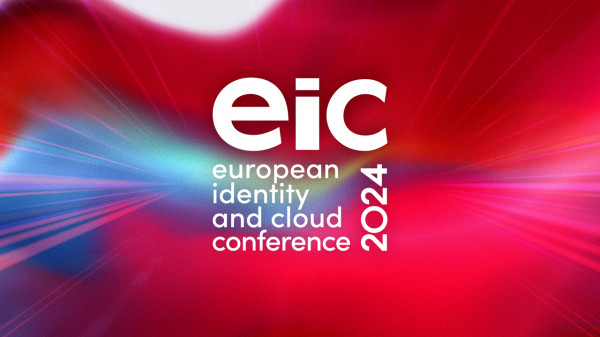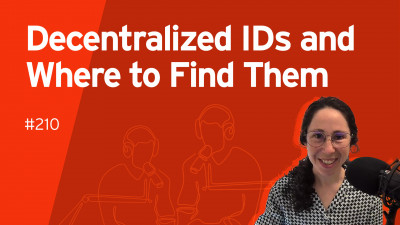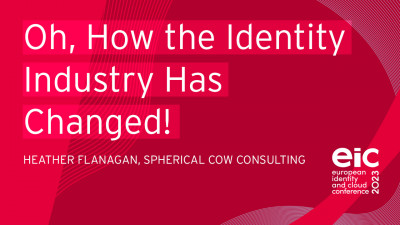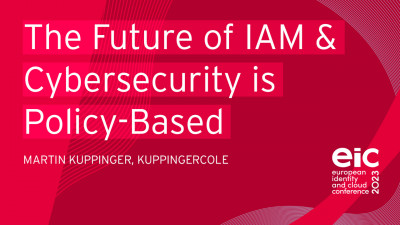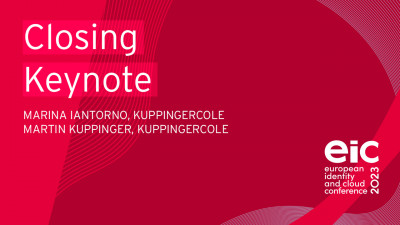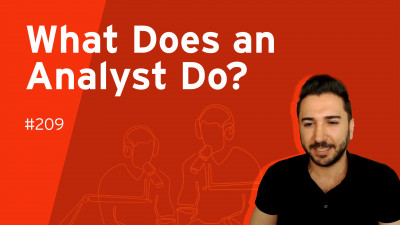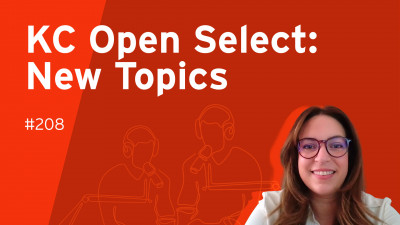Life Management Platforms will be among the biggest things in IT within the next ten years. They are different from “Personal Data Stores” in the sense of adding what we call “apps” to the data stores and being able to work with different personal data stores. So they allow to securely working with personal data by using such apps which consume but not unveil that data – in contrast to a data store which just could provide or allow access to personal data. They thus are more active and will allow every one of us to deal with his personal data while enforcing privacy and security. Regarding “Personal Clouds”, that might be or become Life Management Platforms. However I struggle with that term given that it is used for so many different things. I thus prefer to avoid it. Both today’s personal data stores and personal clouds have a clear potential to evolve towards Life Management Platforms – let’s wait and see. I’ve recently written a report on Life Management Platforms, describing the basic concepts and looking at several aspects like business cases. This report is available for free.
The other big thing around this topic is the book “The Intention Economy”, written by Doc Searls. It is a must read and even while it mainly focuses on the relation between vendors and customers, there is a big overlap between what Doc has written there and what we at KuppingerCole expect to happen with Life Management Platforms.
Doc’s basic point is that the Intention Economy will change the relationship between vendors and customers. I like these two quotes:
„Relationships between customers and vendors will be voluntary and genuine, with loyalty anchored in mutual respect and concern, rather than coercion. So rather than „targeting“, „capturing“, „acquiring“, „managing“, „locking in“, and „owning“ customers, as if they were slaves or cattle, vendors will earn the respect of customers who are now free to bring far more to the market‘s table than the old vendor-based systems ever contemplated, much less allowed.“
„Likewise, rather than guessing what might get the attention of customers – or what might „drive“ them like cattle – vendors will respond to the actual intention of customers. Once customers‘ expressions of intent become abundant and clear, the range of economic interplay between supply and demand will widen, and its sum will increase. The result we will call the Intention Economy.“
„This new economy will outperform the Attention Economy that has shaped marketing and sales since the dawn of advertising.“
Yesterday I did a presentation at an event organized by doubleSlash, a German Consulting and Software Company focused on Sales and Marketing. The so called “slashTalk” had the title “After the Social Media Bang” and focused on what companies will have to do now. There were several marketing executives and experts from different companies in the room.
Before my presentation on Life Management Platforms there was another presentation which I found extremely interesting. Björn Eichstädt, founder and managing partner at Storymaker, a company which originally started as a PR agency, talked about his view on attention and why today’s marketing fails (in most cases). Björn has a degree in neurobiology, so he is far more than just a PR guy. He talked about “attention” and the small period of time within which you can catch someone’s attention. But it could be done, as with what today’s social networks provide. However, it isn’t easy today. On the other hand, providing what fits to the current target of attention is much more promising than trying to change the attention, like traditional marketing is doing.
Taking this view, the one of Doc Searls, and the idea of Life Management Platforms the way we at KuppingerCole have it in mind shows that this is where things become really interesting: A Life Management Platforms allows expressing your Intention. The Intention is nothing other than a vital part of where your current Attention is focused. In other words: Knowing the Intention is about knowing at least an important part of the current Attention, which is much better than trying to change the Attention. Furthermore, Life Management Platforms could provide more information about the current Attention in real-time, but in a controlled way – controlled by the individual. That allows getting even more targeted information and makes this concept extremely attractive for everybody – the vendors and the individuals.
Imagine a world in which you can allow others to provide you exactly that piece of information you are interested in. Let’s give an example:
Your profile on a social network might provide the information that you just arrived at the airport in a specific city. Some vendors might track this information and send you welcome messages, pointing to their local assistance, or other offerings. That could be done based on what today’s social networks provide. And this is nice if you receive only one message or offers which really suit your needs. But if you receive 20 messages from companies which detected that your attention might be on that, it is just annoying.
In a Life Management Platform you can control whom to inform about such a “social” event. That can be specific companies or industries. They know that someone arrived at the airport and needs some specific information, about directions, the next ATM, or the next public WLAN hotspot – or whatever else. The system provides that information to you and you use the service. This obviously is the better approach.
You might ask how this differs from typing “MUC ATM map” or “IAD WIFI” into a search engine? The fundamental difference is that the Life Management Platform can express your intention once it has learned about it – and you might have the same intention every time you arrive at an airport. It acts for you and consumes your preferences like for example the personal data about the mobile phone providers you have contracts with and you prefer for roaming or the banks you have accounts at to find the ATMs without additional fees or even without fees. Entering all that information into a search engine is annoying. And selecting the results in mind is annoying as well. So there is an obvious value even in that simple use case. And for sure you might not want to give all that information about your bank accounts away – you might want something (the app in Life Management Platforms) to act upon without unveiling that information. You might want minimal disclosure.
Life Management Platforms will enable that, amongst many other things. Given that they are a vehicle to fundamentally change the way marketing is done, moving from changing the attention to using attention and intention in a controlled and targeted way. Thus, everyone responsible for marketing should start looking at the ideas around Life Management Platforms, the Intention Economy, and Björn’s understanding of what Attention really is about. It is a simple way to get much better in Marketing and save money.




















